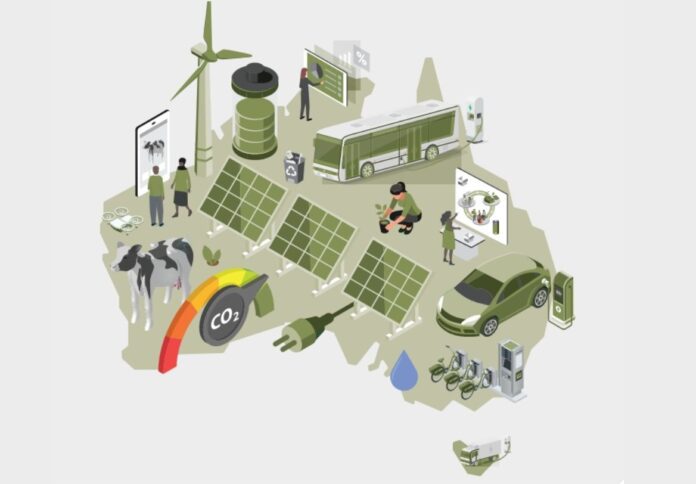
The Australian Academy of Technological Sciences and Engineering (ATSE) calls for a national commitment towards net zero greenhouse gas emissions by 2035.
In a position statement issued Wednesday, the coalition made up of Australia’s leading engineers and applied scientists urged the Federal Government to establish an immediate, substantial and concerted national effort to rescue the diminishing window of limiting global warming to 1.5 degrees Celsius.
ATSE highlighted the need for a concerted effort involving all of Australia’s sectors, governments, and industries to set an ambitious benchmark for innovation and position the country towards becoming the renewable superpower it aspires to be.
Dr Katherine Woodthorpe, ATSE’s president, said the science-based target will establish a critical benchmark for Australian action, incentivising investment, applying innovative solutions and giving a clear signpost to industry and governments to accelerate the deployment of existing and mature low-carbon technologies and develop emerging technologies and exports.
“To meet this ambition, with the Federal Government in the driver’s seat, Australia should prioritise upskilling our workforce, and develop and urgently apply evidence-based solutions across all industry sectors – particularly in energy, transportation, manufacturing, construction, minerals and agriculture,” Woodthorpe said.
“The science is unequivocal, the climate-induced catastrophes are irrefutable. ATSE calls for leaders across every Australian sector to join us in making Australia a frontrunner amongst global peers, in setting an ambitious target of net zero greenhouse gas emissions by 2035.”
ATSE’s latest position statement also calls for a national net zero emissions policy and implementation framework that prioritises addressing the opportunity to transform Australia’s economy, a zero-waste approach to supply chains, and reducing the impacts of human activity on biodiversity.
“Meeting this target will be a monumental challenge, but with immediate and large-scale action to invest in skills and infrastructure, as well as political, policy and regulatory support at all levels, it is achievable,” Woodthorpe said.



















